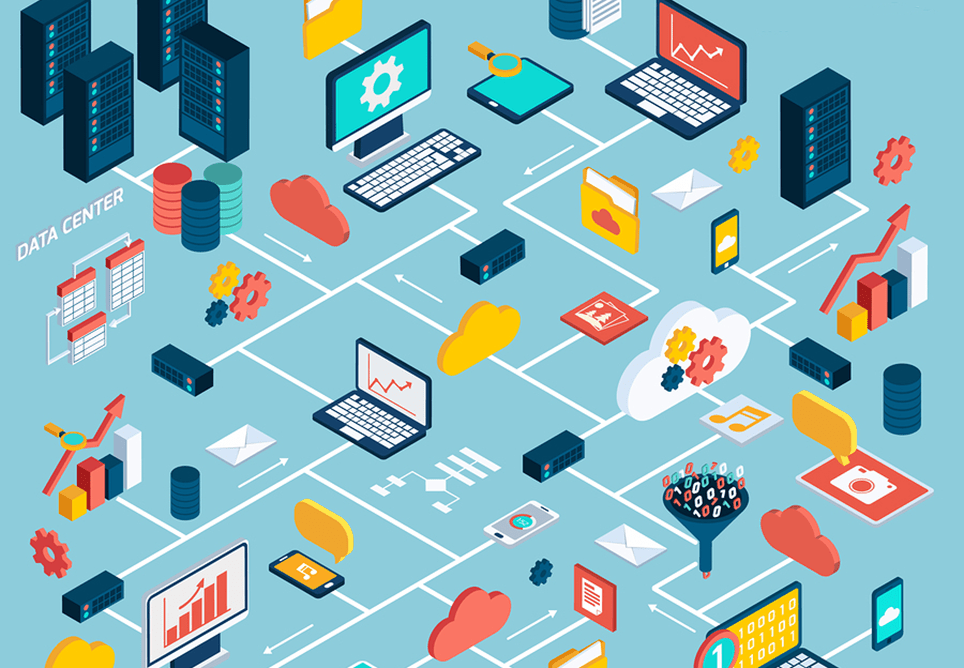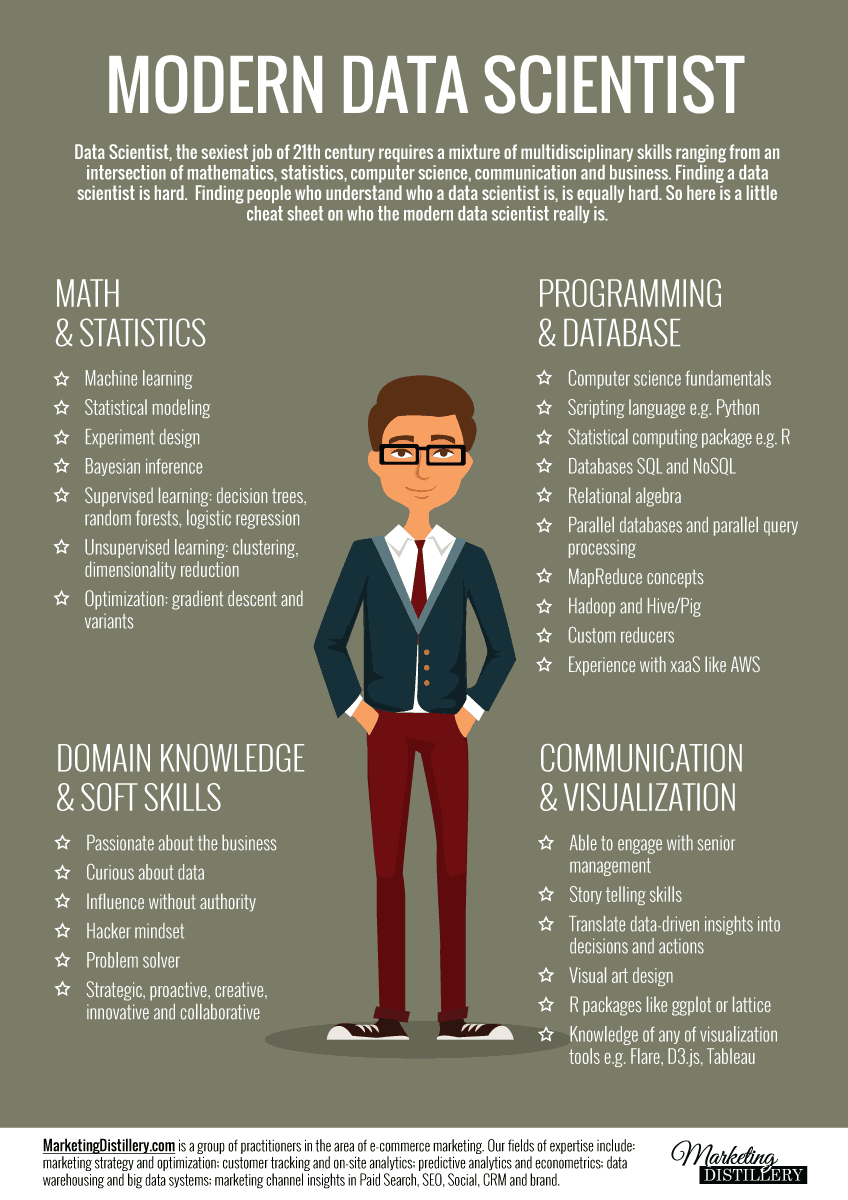Can You Learn Data Science on the Job?

In today’s workplace, an increasing number of young professionals (new teachers especially) are joining the ranks of the working and learning. 14 million people in the US are both active in the labor market and formally enrolled in a postsecondary or training program according to a Georgetown University study. For high level jobs like those of data scientists, the working and learning pathway is in many cases a necessity. This blog that was originally posted here on DataScienceCentral.com, shares insights into the pathway to data science.
Laetitia Van Cauwenberghe
Since data scientist is a senior job title that comes with significant experience, even expertise, how can you become a data scientist fresh out of college, or from Coursera classes, or from some data science boot camp?
I believe you indeed learn data science on the job. Employers have been fooled into hiring people with R, Python, SQL, NoSQL, some outdated statistical knowledge, and little work on a small academic data project – who claim to be data scientists. There’s even a joke about NoSQL: some candidates add NoSQL to their resume to tell potential employers that indeed, they don’t even have SQL in their skill set. The results is a painful learning curve for the new hire once on the job, and essentially negative ROI on the high salary commanded by these individuals.
Image via markertingdistillery.com
But employers could hire someone with the right background and turn him/her into a data scientist, a much better solution in my opinion. Someone with a quantitative background – maybe even a biologist – with experience working with various data sets in a professional setting, could be a better fit. After all, our own intern at DSC came with a nuclear physics background fresh out of postdoc, worked on great data science projects for us, and still helps maintain one of our core systems today, even after finding a full time job with another company.
It is true that data scientists should know some stats, machine learning and algorithms, R, Python, SQL, unstructured big data, elements of real time architecture and APIs, and distributed architecture. And be familiar with some vendors such as Tableau. But these skills can sometimes be found in geographers, physicists, biologists (think about bioinformatics), epidemiologists, even some MBA’s. And self-learners can catch up quickly, especially if they already know a programming language such as C, C++ or Java. But focusing only on people who call themselves data scientists is a mistake.
Think about this: before colleges offered the first MBA curriculum, there were no MBA guys. Yet there were plenty of people doing the work of an MBA. Some of them became the first ones to teach in MBA programs. And even today, plenty of people do MBA jobs (like COO, CEO, business analyst) and don’t have an MBA degree. And they sometimes do it better than people with an MBA degree. The same can be said about data science.
There are of course many flavors of data scientists, and those really producing innovative science and techniques (especially in automating data processes – from defining, finding, collecting, aggregating, structuring, cleaning, summarizing, refining data, to value extraction and operationalizing the decision process), are expected to have a different background than most business or industrial data scientists. But they represent a tiny minority; they are the unicorns that erroneously too many companies are chasing.
DSC Resources
- Career: Training | Books | Cheat Sheet | Apprenticeship | Certification | Salary Surveys | Jobs
- Knowledge: Research | Competitions | Webinars | Our Book | Members Only | Search DSC
- Buzz: Business News | Announcements | Events | RSS Feeds
- Misc: Top Links | Code Snippets | External Resources | Best Blogs | Subscribe | For Bloggers
Additional Reading
- The 10 Best Books to Read Now on IoT
- 50 Articles about Hadoop and Related Topics
- 10 Modern Statistical Concepts Discovered by Data Scientists
- Top data science keywords on DSC
- 4 easy steps to becoming a data scientist
- 13 New Trends in Big Data and Data Science
- 22 tips for better data science
- Data Science Compared to 16 Analytic Disciplines
- How to detect spurious correlations, and how to find the real ones
- 17 short tutorials all data scientists should read (and practice)
- 10 types of data scientists
- 66 job interview questions for data scientists
- High versus low-level data science
Stay in-the-know with all things EdTech and innovations in learning by signing up to receive the weekly Smart Update.







0 Comments
Leave a Comment
Your email address will not be published. All fields are required.